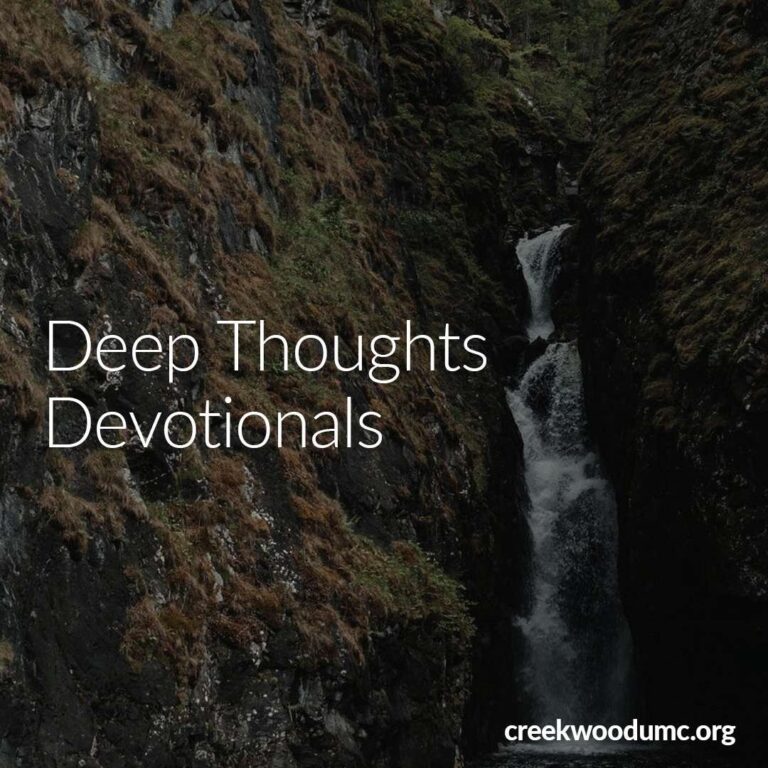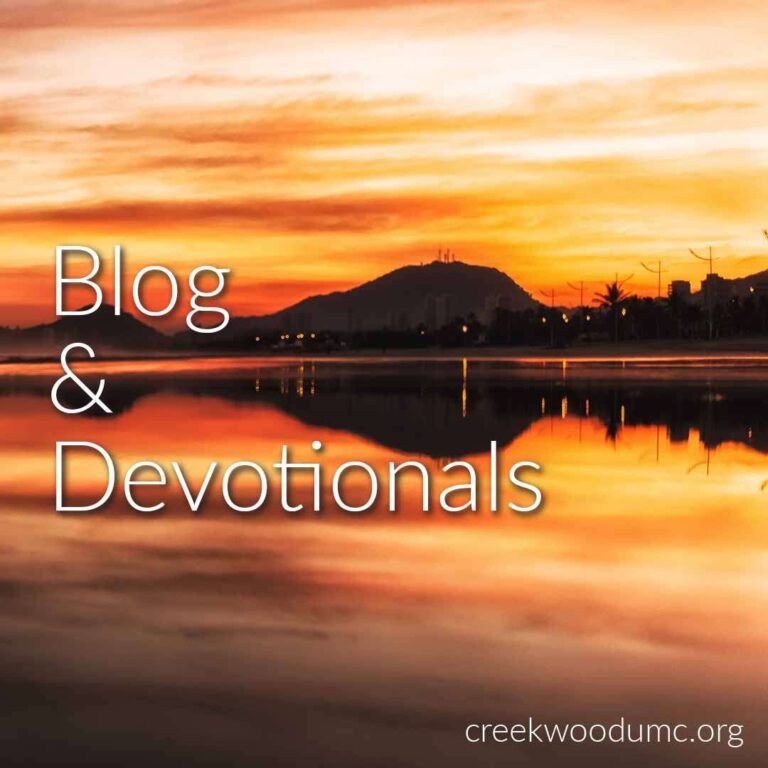Polite Conversation
“Let no evil talk come out of your mouths, but only what is useful for building up, as there is need, so that your words may give grace to those who hear.”
Ephesians 4:29 NRSV
I thought I had a really clever revelation 10 minutes ago, but alas the connection between the words “politics” and “polite” aren’t as solid as I assumed given the similar start to each word of “polit.”
Thus far I had failed to complete my weekly Deep Thoughts devotional for y’all due to all varieties of other church work and giving my daughter some undivided attention while she was out of school and the rest of the family was out of town. While typing something else, out of nowhere the phrase “Polite Conversation” came into my head and I thought “THAT’S IT! That’s the message I can send out on the day following an election in which people in my church feel vastly different about the results!”
What I had hoped to say is that “polite” and “politics” come from the same root word, because both have to do with people. We tend to emphasize politeness to our children because we want them to bless others and have meaningful, beneficial relationships. We tend to shield our children (and ourselves) from politics because it’s just one huge machine that spits vitriol and destroys relationships.
But what if they were the same!
What if we recaptured the essence of “politics” as conversations between people that were polite and sought to understand each other’s struggles, fears, passions, and dreams? What if we made it less about fear and control and more about loving our neighbors and working together for the common good for all of us?
Most importantly, what if we weren’t afraid of those who feel and think differently – because we’d all be polite to each other in a real way that dignified the other as a person and not a party?
That would have been a pretty good connection – but it’s not true.
Politics comes from the Latin word “politicus,” which comes from the Greek word “politikós,” which is derived from two Greek words, “pólis” (city) and “tpolH” (fortification). Polite, on the other hand, comes from the Latin “politus,” which translates to “polished,” “refined,” or “smooth.”
But maybe it’s more beneficial to realize that our English language pulls derivations of words from many more languages than just Latin, and even ones that seem similar in Latin have deeper origin stories to learn from other ancient cultures. Maybe it’s more beneficial to realize that what we think may be common ground isn’t so common after all – and it takes effort to learn from each other and about each other before we make common assumptions.
Maybe it’s time we had polite conversations about politics? In my observations, fear and avoidance aren’t doing anything to help us bridge the gap between Latin and Greek words, and my robust optimism is that we might find the common connections we seek if we talk more openly, and politely, and listen with grace-filled ears to what our differences are – and why they are.
I found this graphic on social media, and think it’s a good rubric of how to have polite, political conversations.

Philippians 2:2 encourages the church of Philippi to be “of one mind,” which I hardly believe happens if we make assumptions about people, their motivations, and what is best for them – without really taking the time to understand them. Perhaps that’s why Paul expands this thought to describe the mind of Christ:
“Let the same mind be in you that was in Christ Jesus, who,
though he was in the form of God,
did not regard equality with God
as something to be exploited,
but emptied himself,
taking the form of a slave,
being born in human likeness.
And being born in human form,
he humbled himself
and became obedient to the point of death –
even death on a cross.”
Now that is political politeness.
A God who enters into civic life and engages in civic discourse by giving of himself for the betterment of all people – when he had all the power of God to do exactly the opposite.
Maybe you’ll find the energy to make a polite political connection in the next two to four years. I pray that our discourse on social media and in person mirrors the mind we are meant to have vs. the mind we’ve already made up.
Peace,
David Lessner
PS – speaking of God entering into the world! Will you help us make Live Nativity the most meaningful experience for our guests??
|
|







